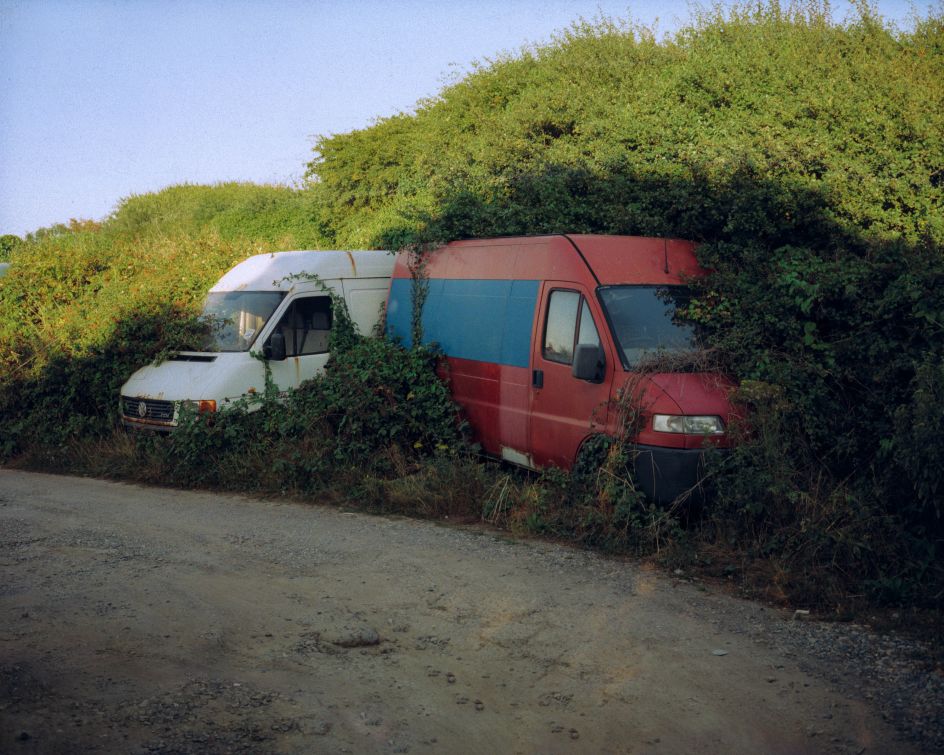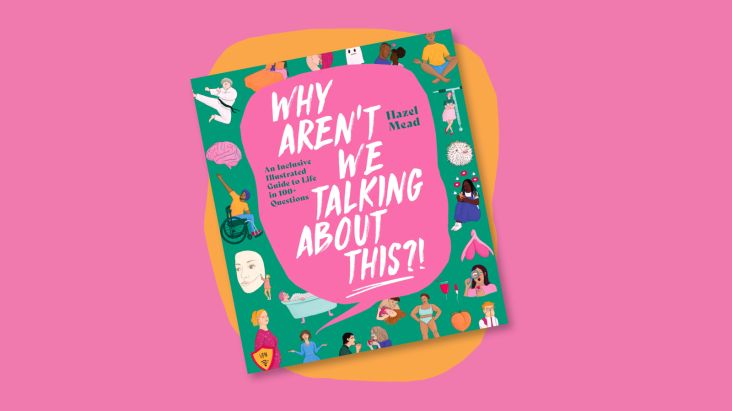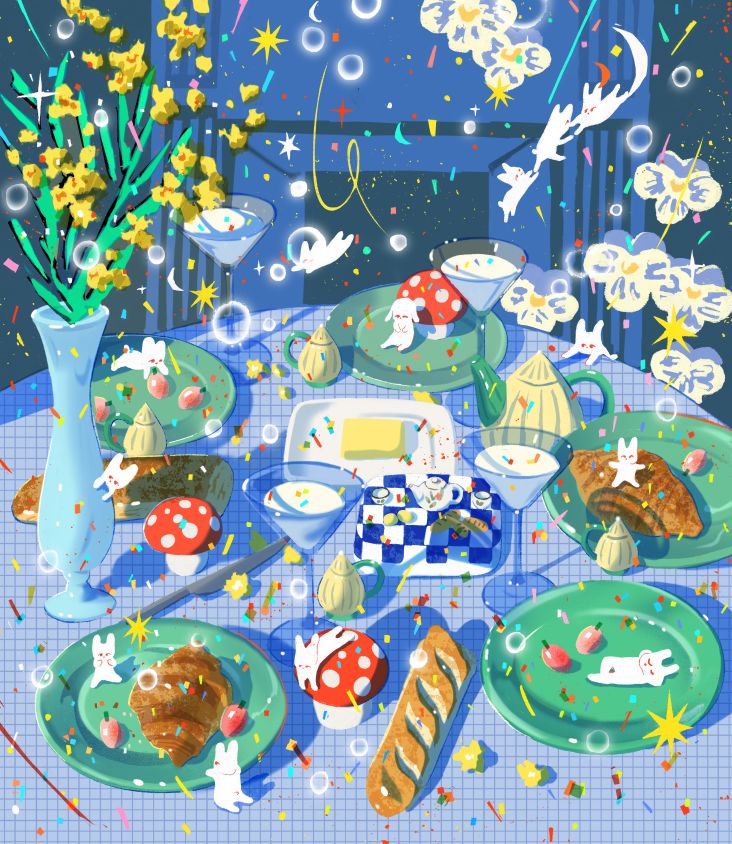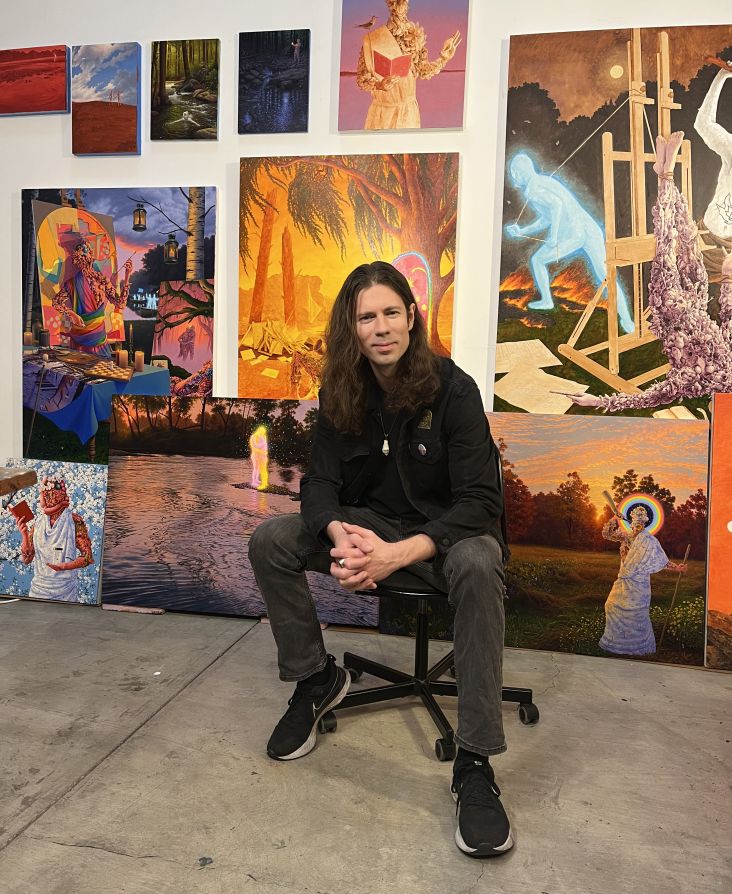Photographer Ian Howorth captures the eternal disconnect of living in England as a foreigner
Born and raised in Peru to an English father and a Peruvian mother, photographer Ian Howorth lived in three different countries by the time he was 16. In his latest book, A Country Kind of Silence, he grapples with his sense of identity and the unique limbo of living in England as a foreigner.

From the series, A Country Kind of Silence © Ian Howarth
England has been the adoptive home of photographer Ian Howorth for 26 years. Currently based in Brighton, he specialises in taking pictures with analogue film that focus on the kitsch nature of England's seaside towns. For his new book, though, Ian turns his lens inwards to explore his cultural identity and the world around him.
Communicated through photographs of shop fronts, empty plates in cafes and the iconic Brighton seafront, these images are connected by a feeling of remoteness that taps into Ian's sense of always playing catch up with England's culture. "A Country Kind of Silence continues my internal exploration of feelings surrounding my sense of identity," he explains. "A sense that belonging isn't as unattainable as it is hard to grasp."

From the series, A Country Kind of Silence © Ian Howarth

From the series, A Country Kind of Silence © Ian Howarth

From the series, A Country Kind of Silence © Ian Howarth
Ian has previously explored themes of cultural identity and belonging in his first book, ARCADIA. But whereas that title imagined his ideal utopia of a home, A Country Kind of Silence is much more down to earth and grounded in the details of his surroundings. "I had actually been planning a slightly different book, but sadly the pandemic put paid to that project," he tells Creative Boom. "Fortunately, I could carry on shooting, albeit in a more restricted way.
"Once I had a few rolls developed, I realised my images were saying something a little different to my first book. The images had a specific focus, and I realised they told a slightly different story. Around October 2021, everything began coming together, and I felt a book was on the cards."
Searching for a sense of home is a universal feeling that varies from person to person. Ian kept this in mind while putting together A Country Kind of Silence and feels that the collection is more about finding personal identity through "a shared understanding of culture."
He explains: "My relationship with how I see the book pivots between two themes. On the one hand, there is myselfand my personal need to discover my sense of identity in my adopted home. On the other, it is a documentation of a place in time and trying to ascribe a cultural identity to the scenes, objects and the people in the images that make up the book."

From the series, A Country Kind of Silence © Ian Howarth

From the series, A Country Kind of Silence © Ian Howarth

From the series, A Country Kind of Silence © Ian Howarth
It's this focus on minutiae which makes Ian's work so resonant. Even his earliest memories are informed by the smell and textures of old American car interiors and the view of the sky from the window of the high-rise block he lived in. And it's numerous thoughts like these which underline the huge and all-encompassing difference he feels between his life in Lima and his life in England.
"The warmth and camaraderie of everyday interactions – from fruit sellers to family members and having a whole different language – it makes me feel like I am a different person altogether now. My time in the US was punctuated by space and the vastness of it all. I think by this point; I was able to make more sense of what I was seeing and the differences between there and what I had experienced in Peru."
And while Ian has had genuine experiences in England, he reasons that his sense of disconnection comes from feeling like there are parts of the country's culture he has only learnt in retrospect. "Not having grown up with something puts you at somewhat of a disadvantage in understanding it fully, or at least in the same way as someone native," he reveals. "My experience can only be of that as a foreigner.
"Equally, due to having left my home country and having missed out on so much had I stayed, it puts me in a kind of limbo. I guess this is why my work has centred around this theme for so long. I'm trying to feel my way around the concept of identity, not just my own but that of the place in which I live."

From the series, A Country Kind of Silence © Ian Howarth

From the series, A Country Kind of Silence © Ian Howarth

From the series, A Country Kind of Silence © Ian Howarth
Thankfully, putting the book together has been a cathartic experience for Ian. In ARCADIA, he says he felt like he was raising the question of identity, and in A Country Kind of Silence, he thinks he has made peace with the concept.
"The truth is, there is there's no resolution with it," he concludes while admitting that he does feel more at home with how he feels about his identity. "You can only do so much in terms of catching up with all that you missed. So for me, trying to figure out the fabric of the place – and the meaning behind the choices people make and the traces they leave behind – is a good starting point."
A Country Kind of Silence by Ian Howorth is available to order from Setanta Books.




 by Tüpokompanii](https://www.creativeboom.com/upload/articles/58/58684538770fb5b428dc1882f7a732f153500153_732.jpg)


 using <a href="https://www.ohnotype.co/fonts/obviously" target="_blank">Obviously</a> by Oh No Type Co., Art Director, Brand & Creative—Spotify](https://www.creativeboom.com/upload/articles/6e/6ed31eddc26fa563f213fc76d6993dab9231ffe4_732.jpg)













](https://www.creativeboom.com/upload/articles/59/5966589fcae3400b8bed99371b371395c485f42d_732.jpg)


